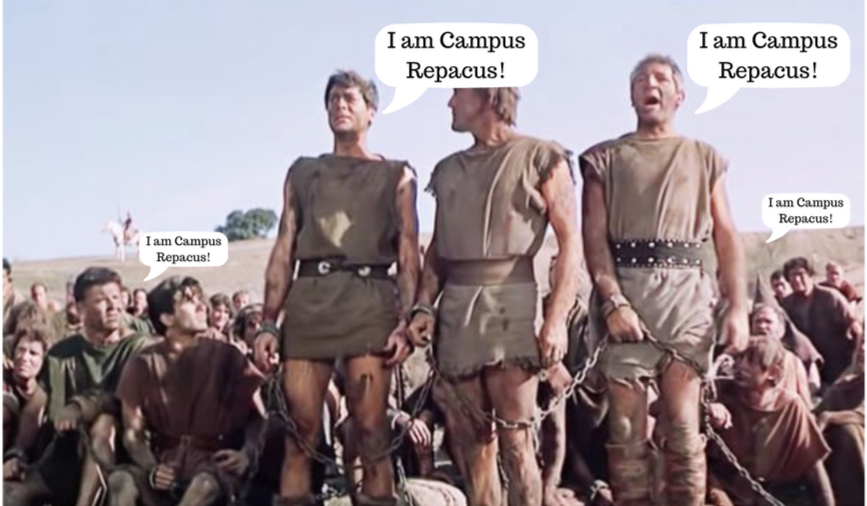|
By L. Spriggs  We would all benefit as a union if everyone were knowledgeable enough to advocate on behalf of a fellow member at a moment’s notice. Technically, any member may represent another. In fact, sometimes you might not prefer your elected representative for whatever reason—perhaps you've had a previous confrontation or a difference of opinion or philosophy on the particular issue at stake, for instance. For that reason, it's important to know that you can always choose another member to represent you in meetings with the administration. Although, it's still beneficial for the officially-elected campus representatives to know about issues affecting members within the workplace. This is because the way in which your individual issue is dealt with or resolved may impact everyone else by setting precedent for discipline. Either way, a good representative should have a working knowledge of the contract, the grievance process, the law, and your rights in the workplace. They should also be articulate and capable of presenting facts and information on your behalf and in your favor during a meeting. There are two situations when a union or union representative could help you concerning discipline: either the administration is investigating a situation in order to decide whether discipline is necessary, or they've already decided on discipline and that discipline has violated the contract or your due process rights. In the first instance, which is the focus of this post, you’ll likely want union representation during any investigatory meetings. In fact, the union and the administration have contractually agreed to first meet informally to solve workplace complaints before moving ahead with a formal grievance. Before one of these meetings, you have the right to talk with your union representative privately. During one of these meetings, your union representative may ask clarifying questions on your behalf, may request more information from the administrator, may make requests for the administrator to rephrase or clarify questions, and may provide more information to the administrator at the end of the meeting. Now, you might be thinking, "I could do all of those things for myself. Why do I need a union rep. if that's all they can do?" And for some of you, you're absolutely right. However, unionized employees actually have quite a few more legal protections against unfair discipline, and we'll discuss those protections in more detail in future posts. Furthermore, a company will often handle a situation quite differently once they know the union is involved, which tends to benefit even members who are otherwise perfectly capable of advocating for themselves. Comments are closed.
|
Categories
All
Archives
May 2023
Editor:
Proud alumnus, union member, and educator in District #201 since 2006. Contributors
Dr. Hentze is the author of High Finance with Hentze, a monthly blog that provides news about District 201's current financial state. |
 RSS Feed
RSS Feed